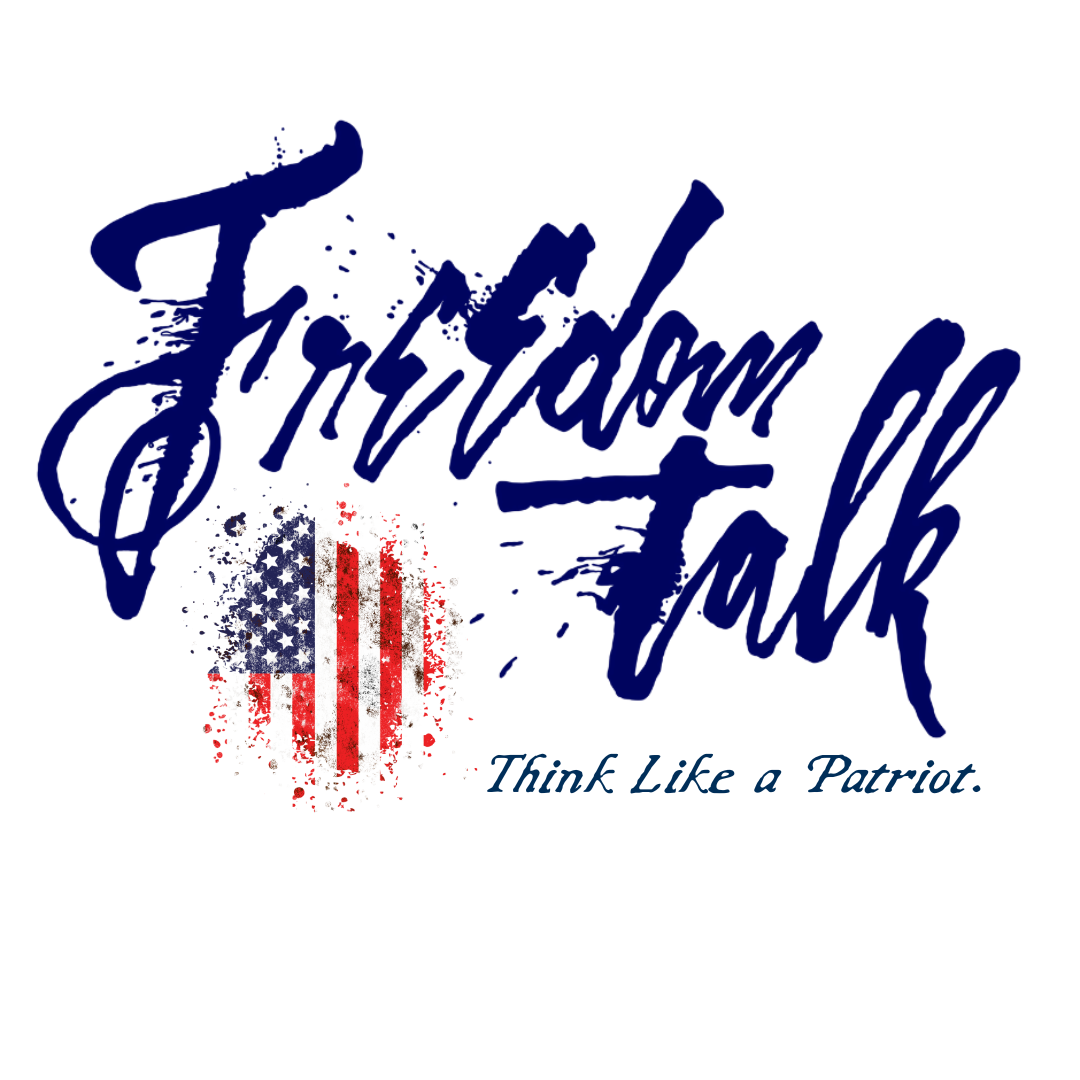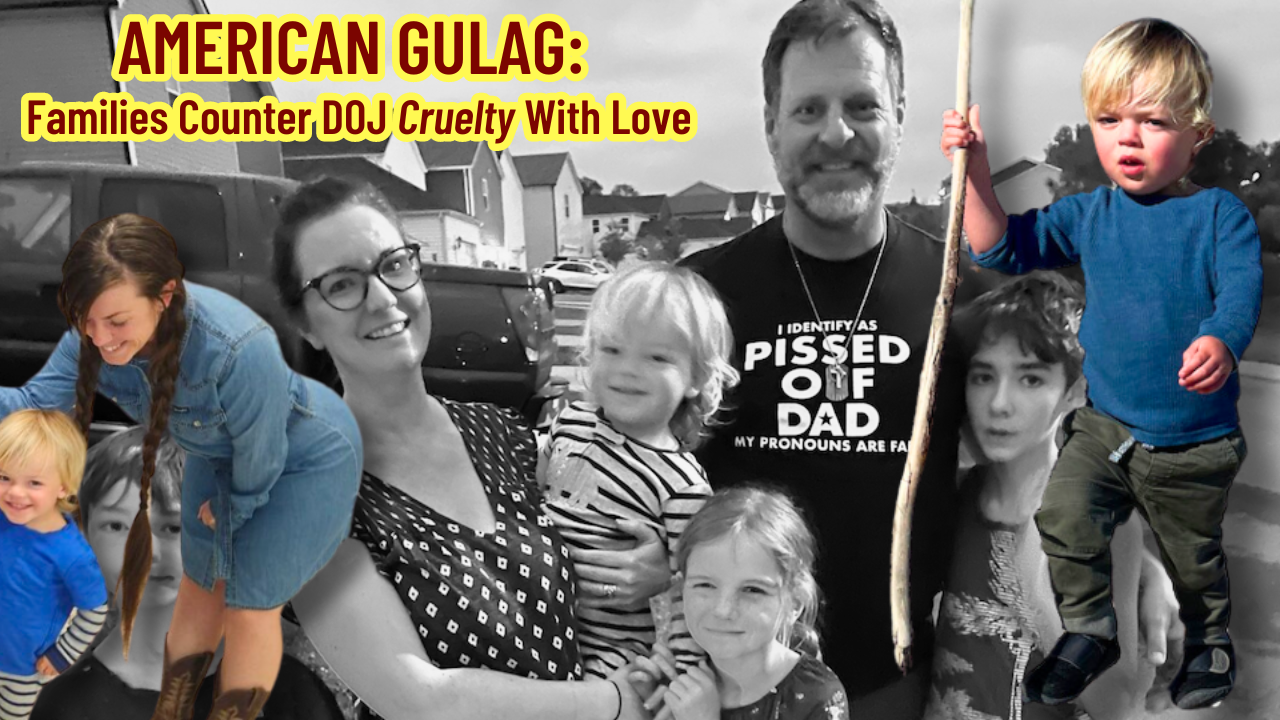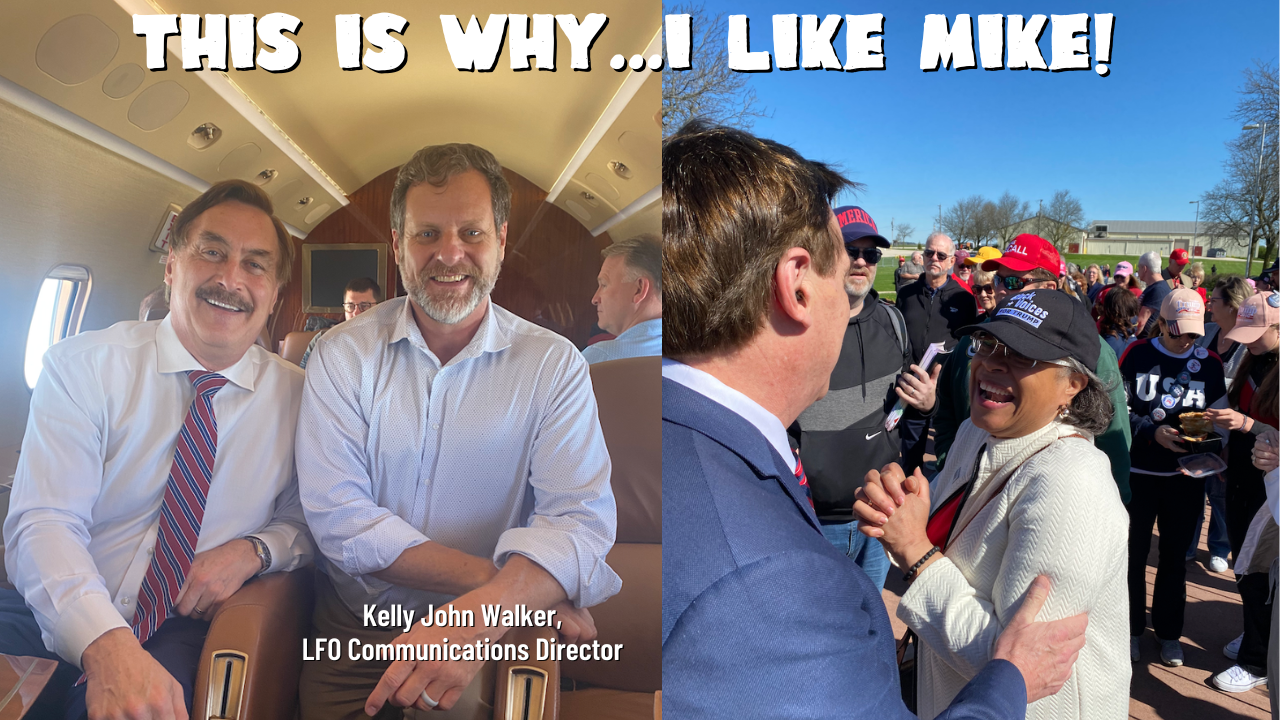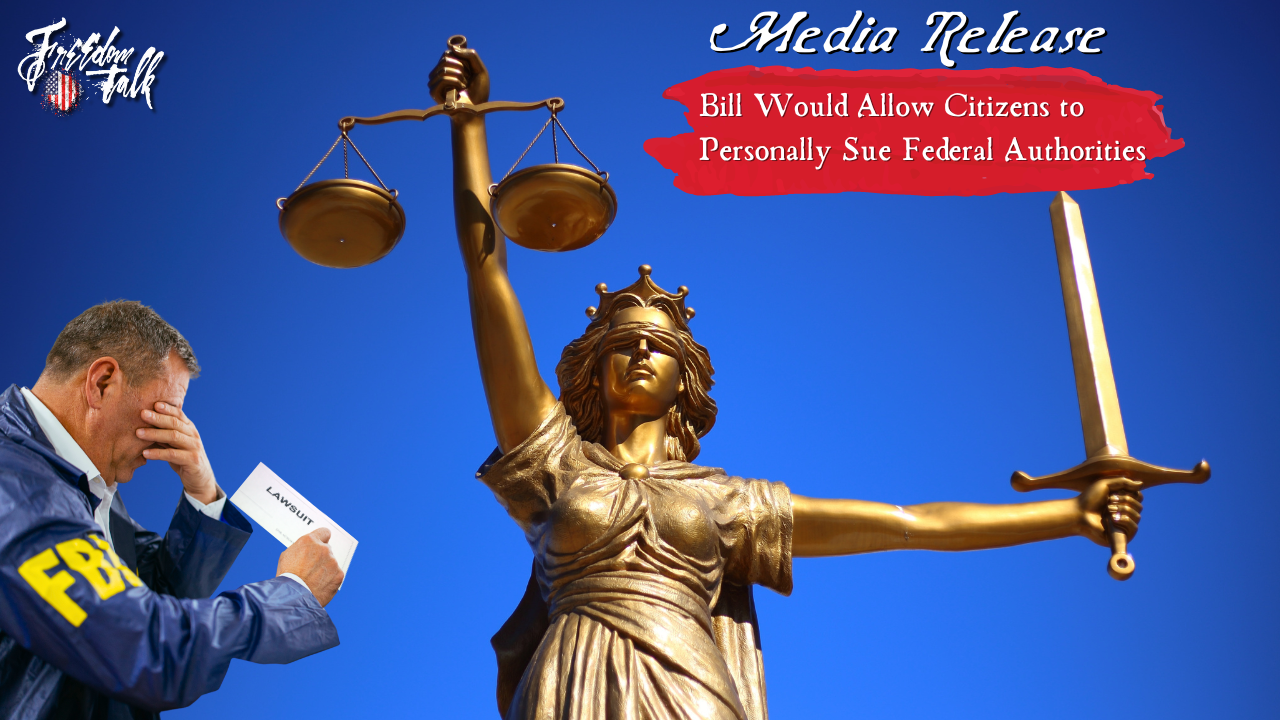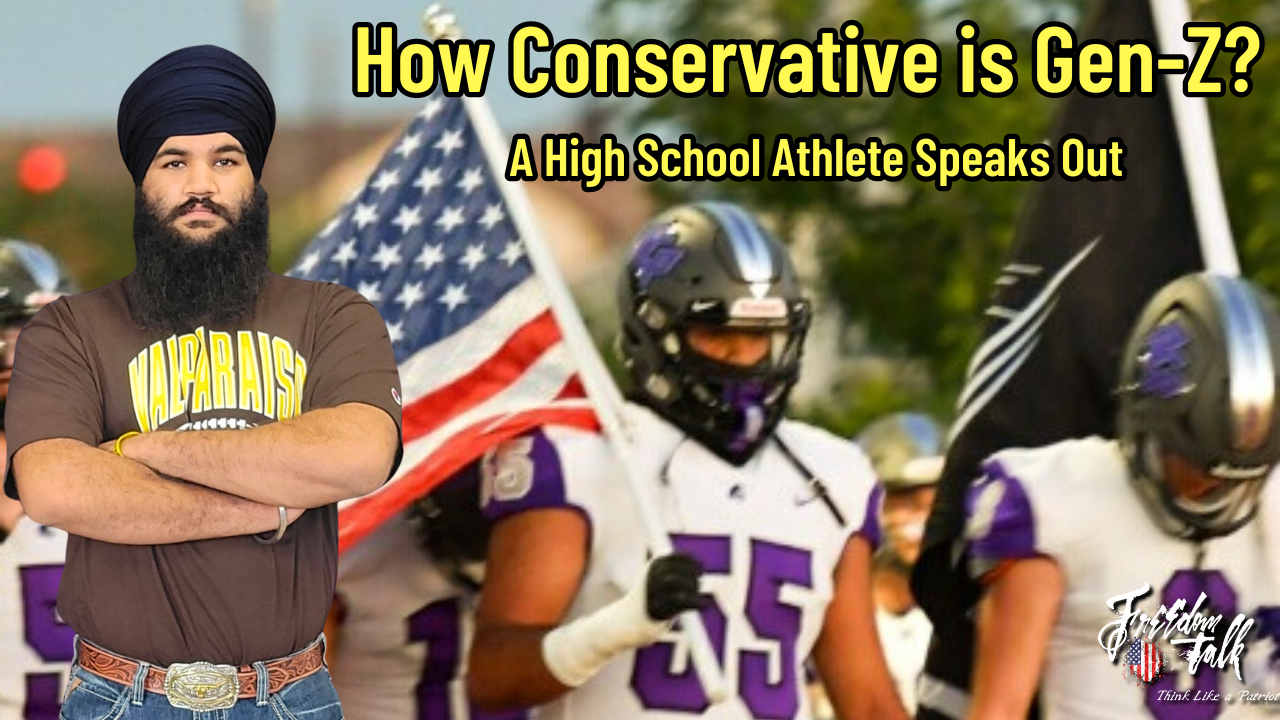“They’re really beating a dead horse now, and so they’re actually coming back with another approach…They’re now trying to say climate change is actually a health emergency… Maybe we’ll do what we did with Covid for climate…I don’t think climate change is going to do it, in terms of convincing people to surrender more freedom and more money.” Journalist, Alex Newman in Canada Free Press
When it comes to nature, the government almost always gets it wrong. The government informed by non-expert idealogues like Bill Gates, John Kerry, Hillary Clinton (cringe), and any number of A-lister Hollywood personalities is sure to create disaster after disaster.
I know what I’m talking about because I am a Conservation Scientist (aka Environmental Scientist) who had a respected career applying science to nature. As a grad student at New Mexico State University, I achieved the highest grade ever recorded in the hardest class in my discipline: In Environmental Soil Chemistry, where complex equations could go on for pages, I scored an A++. I trained under one of the nation’s top soil and water quality specialists as a part of the USDA Natural Resources Conservation Service, while also on a Graduate Fellowship with the U.S. Department of Defense receiving specialized training in environmental remediation. Military tears up and blows up the environment? Train derails, spilling toxic chemicals? Need to reclaim land spoiled by mining operations? You call someone with my training.
You see, I fix the earth, air and water. I mastered the science needed not only to understand how the planet works, but to put it into practice.
As a professional, I worked for seven years as Environmental Director for an urban-interface community in Central Oregon, where I also served as Vice Chair of the Deschutes Soil & Water Conservation District, Vice Chair of the Deschutes County Noxious Weed Board, along with other volunteer positions. I was awarded a Bronze Smokey Bear Award for my work planning a forest fuels reduction/biosolids closed vessel composting system for Sunriver, Oregon. I wrote Oregon’s first urban-interface wildfire protection plan under the Project Wildfire program, which was then used by the National Forest Service as a model nationwide. Big wigs from DC came down to tour my project, and I was invited to meet then-president George W. Bush.
The earth that God created is incredibly resilient and it is programmed to adjust to even potentially catastrophic change.
I could go on, but suffice it to say, I have my bona fides to talk about climate change. So, let’s examine the claim that human beings are killing the planet by living as we do today.
Is it my professional opinion that humans are affecting the climate? Yes. Are we producing an existential “climate crisis?” Absolutely not. Anyone telling you different is either lying or does not understand how the earth works. The earth that God created is incredibly resilient and it is programmed to adjust to even potentially catastrophic change.

As I wrote in my 2017 book, Guidebook for a Son (which you can purchase on my website):
Nature runs in intricate, age-old cycles. The soil gives to the plants; plants return their nutrients to the soil. Rain and snow fall in the mountains, flow to the sea, and are returned by the clouds. Humanity has stepped into this complex picture, often ignorant of or disregarding the contributions we owe nature as we take our place in it.
We breathe it, it feeds us, and we are literally made up of it; and yet we view it as something outside of ourselves. Even our words imply a sense of separateness. “Environment” is something around us, not something we are a part of. It seems as if our commercial and hyper-scientific world thinks it can eat up the natural world and spit out something better, as if the synthetic and toxic can replace the organic and sweet. As Wendell Berry put it, we replace the wisdom of nature with the cleverness of man.
But we’re not so clever as we think we are, and in taking shortcuts to solve what we perceive as problems nature puts in the way of “progress,” we have created unnatural and virtually irreversible consequences. Often what have been seen as problems were things that were blocking our misguided and greedy notions of “progress” and manifest destiny, quietly counseling patience and wisdom. We should, instead, have slowed down and asked what kind of progress would have been truly compatible with the lands we were moving into. Sometimes so-called problems are simply mysteries of nature for which nature also holds the answers. But we, in our arrogance, have thought so often that we can ignore nature and apply our own shortcut answers and make a better, “manageable” world. Beauty is too wild to be managed, too fragile to be carelessly used; it is to be cherished and protected.
When it comes to nature—that all-encompassing something that makes up life and all that supports it—we have two choices: (1) we can either work with nature and learn from it, considering ourselves an integral part of it; or (2) we can work against nature, always trying to force it to bend to our will.
 Before you go purchase my fantastic Guidebook for a Son—which you’ll thoroughly enjoy as you help support my work—you can watch my FreedomTalk Interview with award-winning journalist, Alex Newman, The Truth About Global Warming, or you can listen to the podcast version (though you miss out on a lot of geek-chic handsomeness).
Before you go purchase my fantastic Guidebook for a Son—which you’ll thoroughly enjoy as you help support my work—you can watch my FreedomTalk Interview with award-winning journalist, Alex Newman, The Truth About Global Warming, or you can listen to the podcast version (though you miss out on a lot of geek-chic handsomeness).
But here’s the point I want to leave you with today, before I move on to Part 2: Our planet is incredibly resilient, and made to “buffer” changes to the soil, water and air—and that includes the input of more carbon into the atmosphere. We don’t need to “fix” it; we need to understand it and figure out the best way to work with it.
As physicist Freeman Dyson wrote, “The more I examine the universe and study the details of its architecture the more evidence I find that the universe in some sense must have known we were coming.”
We don’t need more regulation, we need more education.
Indeed, this universe did know we were coming, and the planet we live on is suited for our existence, if we are willing to understand how it was designed and seek solutions that are natural and “programmed” into the matrix of its complex interactions. The problem comes when people filled with hubris think they can manufacture “solutions” that they think will improve upon the system. That’s when you get really stupid interventionist ideas by people who think they can engineer something better than what nature provides, like…
…blocking sunlight by “seeding” the atmosphere with particulates that will produce cloud cover
…converting everything to wind, solar and electric instead of focusing on clean ways to use natural sources of energy like hydrocarbons (how are giant windmills and solar panels, which will end up in the landfill, natural?)
…eliminating ruminants (ex. cows), upon which grassland ecosystems depend—especially now that we no longer have huge herds of buffalo grazing the plains.
…banning “synthetic” fertilizers without first considering the unique properties of an area’s soils and organic matter levels, as was done in Sri Lanka, much to its detriment.
As I told Joshua Philipp on his EpochTV show, Crossroads, “We don’t need more regulation, we need more education.”
Class is in session, and part 2 of this critical series is coming tomorrow.
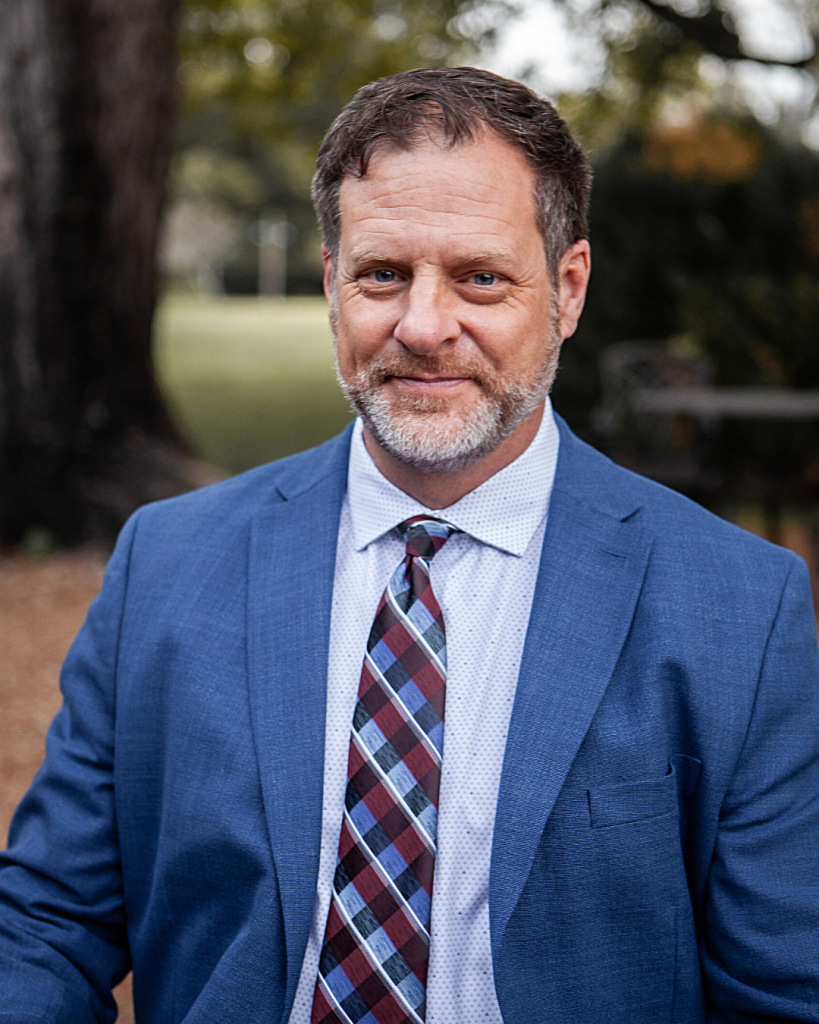 Kelly John Walker is an American statesman, senior writer, entrepreneur—and, yes, scientist. He is Founder of FreedomTalk, Host of FreedomTalkTV, and a freelance writer published in The Washington Times, Gateway Pundit, The Epoch Times, George Magazine, Andrew Magazine, Newsmax, Townhall, and more. Kelly holds a BA in English & Theology, and a Master of Science degree on a graduate fellowship with the US Department of Defense. He had a distinguished career as a conservation professional before founding two award-winning advertising agencies.
Kelly John Walker is an American statesman, senior writer, entrepreneur—and, yes, scientist. He is Founder of FreedomTalk, Host of FreedomTalkTV, and a freelance writer published in The Washington Times, Gateway Pundit, The Epoch Times, George Magazine, Andrew Magazine, Newsmax, Townhall, and more. Kelly holds a BA in English & Theology, and a Master of Science degree on a graduate fellowship with the US Department of Defense. He had a distinguished career as a conservation professional before founding two award-winning advertising agencies.
His newest project is the “Fathering in a World Gone Mad” series featuring Eric Metaxas, Victor Marx, Sheriff Mark Lamb, Clay Clark, and more.
